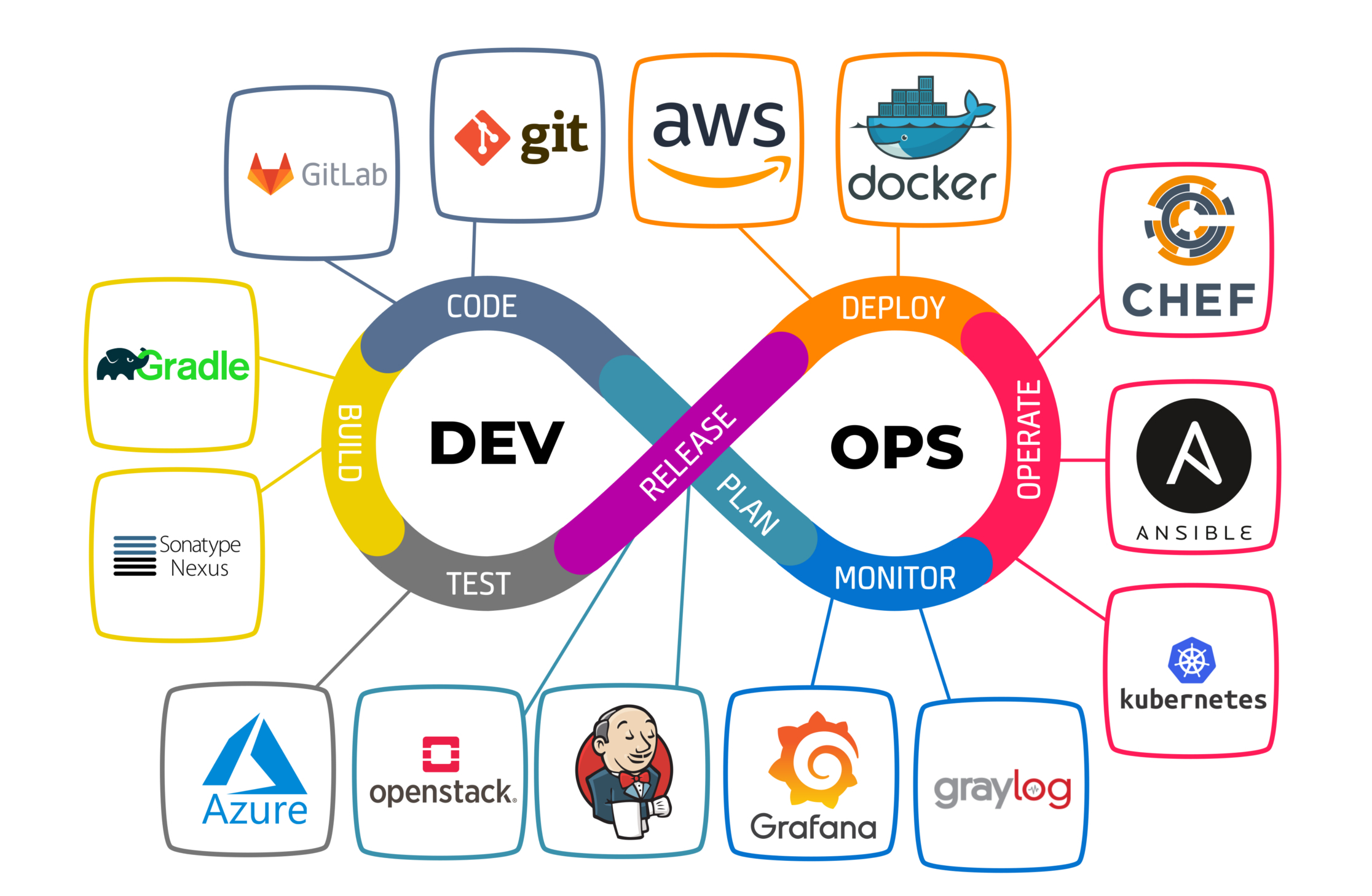The Role of DevOps in Modern Software Development
Cultural Transformation: Embracing DevOps in Your Organization
In the dynamic landscape of modern software development, where agility, collaboration, and efficiency are paramount, DevOps emerges as a transformative methodology. This article explores the pivotal role of DevOps in shaping the software development lifecycle, fostering collaboration between development and operations, and accelerating the delivery of high-quality, innovative software.

1. Introduction to DevOps
- DevOps, a portmanteau of development and operations, represents a cultural and operational shift that aims to break down silos between development and IT operations teams. This section provides an overview of the core principles that define the DevOps philosophy.
2. Fostering Collaboration
- At its core, DevOps emphasizes collaboration and communication between development, operations, and other stakeholders. This collaborative approach ensures that everyone involved in the software development process is on the same page, working towards common goals.
3. Continuous Integration (CI)
- DevOps introduces the concept of Continuous Integration, where code changes are automatically integrated into a shared repository multiple times a day. This practice reduces integration issues and allows teams to detect and address problems early in the development process.
4. Continuous Deployment (CD)
- Building on the principles of CI, DevOps extends the concept to Continuous Deployment, enabling the automated release of code changes into production. This results in faster delivery cycles, allowing organizations to respond swiftly to user feedback and market demands.
5. Automation in Software Development
- DevOps heavily relies on automation to streamline repetitive tasks, reduce manual errors, and enhance efficiency. This section explores how automation in areas like testing, deployment, and infrastructure management contributes to the overall success of DevOps practices.
6. Monitoring and Feedback Loops
- DevOps emphasizes the importance of monitoring applications and infrastructure in real-time. Feedback loops enable quick identification of issues, facilitating rapid responses and continuous improvement.
7. Security Integration
- Security is an integral part of the DevOps process. Integrating security practices early in the development lifecycle ensures that potential vulnerabilities are identified and addressed proactively, reducing the risk of security breaches.
8. Cultural Shift and DevOps Adoption
- DevOps is not just a set of practices; it's a cultural shift that requires buy-in from all stakeholders. Explore how organizations can successfully adopt DevOps principles and cultivate a culture that values collaboration, innovation, and continuous improvement.
In Conclusion
The role of DevOps in modern software development extends beyond a set of practices; it embodies a cultural shift that prioritizes collaboration, automation, and efficiency. As organizations strive to meet the demands of an ever-evolving tech landscape, embracing DevOps principles becomes not just a methodology but a strategic imperative for staying competitive and delivering software that meets the highest standards of quality and innovation.







